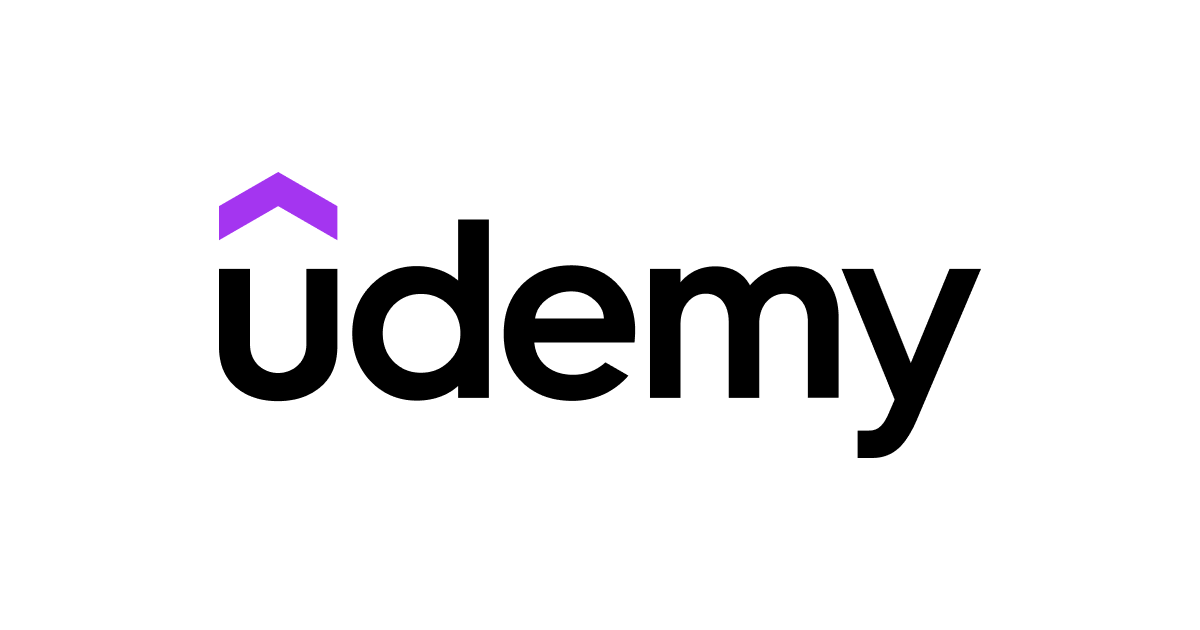Udemy is one of the largest and most popular online learning platforms in the world. It offers a wide range of courses on various topics, including programming, design, business, and personal development. While Udemy has several advantages, it also has some disadvantages, and it is important to evaluate them critically.
One of the strengths of Udemy is its wide variety of courses. The platform offers over 155,000 courses, which means that learners can find courses on almost any topic they are interested in. Udemy also offers courses in several languages, making it accessible to a global audience. Another advantage of Udemy is that learners can study at their own pace, and most courses are self-paced. This means that learners can take as much time as they need to complete a course, and they can revisit the material whenever they need to.
However, there are some drawbacks to Udemy. One of the main criticisms of the platform is the lack of quality control. Anyone can create and sell a course on Udemy, which means that there is a wide range of course quality. Some courses may be poorly designed, inaccurate, or outdated, which can be frustrating for learners. Another issue with Udemy is the lack of interaction with instructors. Unlike other online learning platforms, such as Coursera or edX, Udemy does not offer opportunities for learners to interact with instructors or peers. This can make it difficult for learners to get feedback or support when they need it.
When comparing Udemy with other big learning platforms such as Coursera and Datacamp, there are several differences to consider. Coursera, for example, has partnerships with universities and offers courses that are designed by professors. This means that the quality of the courses is generally higher, and learners can earn certifications or even degrees. Datacamp, on the other hand, is focused on data science and offers courses specifically designed for this field. Unlike Udemy, both Coursera and Datacamp have more structured courses, which means that learners are guided through the material and have more opportunities for interaction with instructors and peers.
Despite its shortcomings, Udemy remains a popular platform, and there are many types of courses available for learners. Some of the most popular categories include:
- Programming – Udemy offers courses on various programming languages, including Python, Java, and C++.
- Design – learners can find courses on graphic design, web design, and user experience design.
- Business – Udemy offers courses on marketing, entrepreneurship, finance, and management.
- Personal development – learners can find courses on meditation, mindfulness, and self-improvement.
- Music – Udemy offers courses on playing various musical instruments, music production, and music theory.
In conclusion, Udemy has both advantages and disadvantages, and learners should carefully evaluate them before deciding to use the platform. While the wide variety of courses and self-paced learning are strengths, the lack of quality control and interaction with instructors are drawbacks. When comparing Udemy with other learning platforms, such as Coursera and Datacamp, it is important to consider the differences in course quality, structure, and interaction with instructors.
Related posts:
- The Ultimate Guide To Coursera
- A Guide To Codeacademy
- The Ultimate Guide To Udacity
- Best Free Courses For Machine Learning
- A Dataquest Guide
- Free Software to Learn Python
- The Ultimate Guide To Edureka
- Useful Books For Machine Learning
- Python Skills Tracks
- Datacamp Review: Should You Invest in This Data Science Platform?


